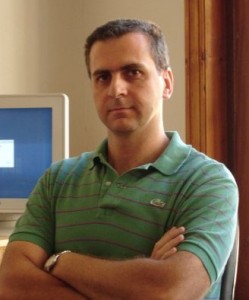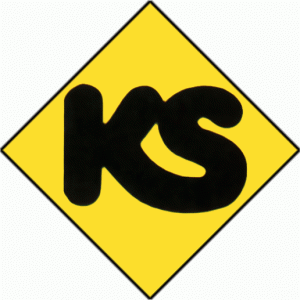Gossip-based protocols provide a simple, scalable, and robust way to disseminate messages in large-scale systems. In such protocols, messages are spread in an epidemic manner. Gossiping may take place between nodes using push, pull, or a combination. Push-based systems achieve reasonable latency and high resilience to failures but may impose an unnecessarily large redundancy and overhead on the system. At the other extreme, pull-based protocols impose a lower overhead on the network at the price of increased latencies. A few hybrid approaches have been proposed – typically pushing control messages and pulling data – to avoid the redundancy of high-volume content and single-source streams. Yet, to the best of our knowledge, no other system intermingles push and pull in a multiple-senders scenario, in such a way that data messages of one help in carrying control messages of the other and in adaptively adjusting its rate of operation, further reducing overall cost and improving both on delays and robustness. In this paper, we propose an efficient generic push-pull dissemination protocol, Pulp, which combines the best of both worlds. Pulp exploits the efficiency of push approaches, while limiting redundant messages and therefore imposing a low overhead, as pull protocols do. Pulp leverages the dissemination of multiple messages from diverse sources: by exploiting the push phase of messages to transmit information about other disseminations, Pulp enables an efficient pulling of other messages, which themselves help in turn with the dissemination of pending messages. We deployed Pulp on a cluster and on PlanetLab. Our results demonstrate that Pulp achieves an appealing trade-off between coverage, message redundancy, and propagation delay.
CV: Pascal Felber received his M.Sc. and Ph.D. degrees in Computer Science from the Swiss Federal Institute of Technology. From 1998 to 2002, he has worked at Oracle Corporation and Bell-Labs (Lucent Technologies) in the USA. From 2002 to 2004, he has been an Assistant Professor at Institut EURECOM in France. Since October 2004, he is a Professor of Computer Science at the University of Neuchâtel, Switzerland, working in the field of dependable and distributed systems. He has published over 80 research papers in various journals and conferences.


